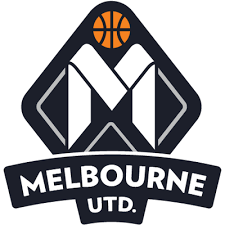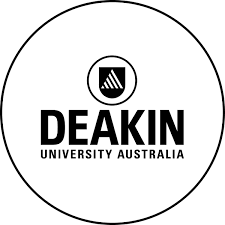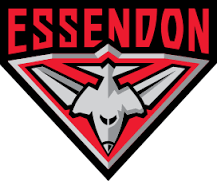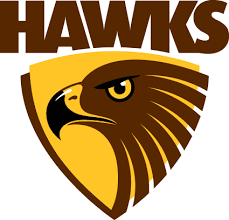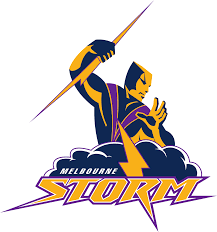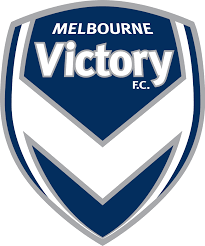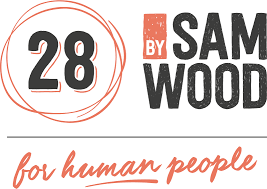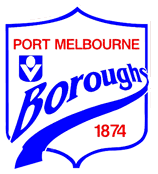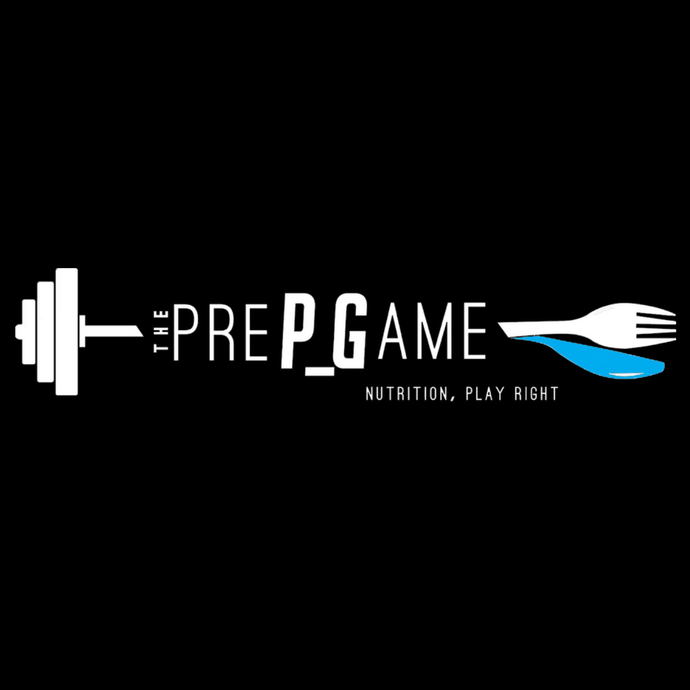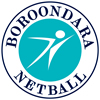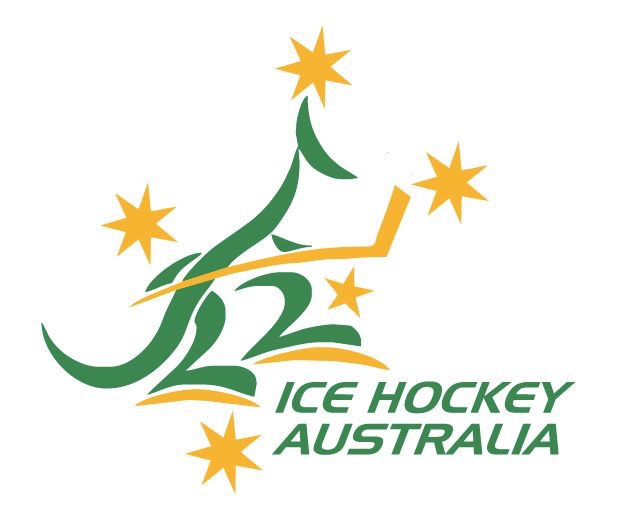Anyone else’s kids get home at the end of the school day with a water bottle that has barely left the school bag? The same child who then only has about an hour at home before heading off to training? Starting training or games dehydrated puts you well behind before you even step on the court. On the other hand, starting hydrated provides an advantage that many other kids in junior sport won’t have.
Here’s why it pays to get through the drink bottle (with maybe even a top up from the tap!) during the school day:
Why hydration helps?
Starting training hydrated means setting yourself up for:
- better passing and shooting accuracy
- improved concentration and judgement
- improve co-ordination and speed
- ability to keep running hard, right up until the last minute of the last quarter
- makes training feel easier, so you feel better and can work harder
You are always going to sweat and become more dehydrated once exercise starts, so arriving hydrated and continuing to drink while training are going to help you perform at your best – and win games.
Best fluids for training
For most junior sports, including basketball, water is the drink of choice and totally adequate. For a typical junior game, kids don’t need sports drinks or electrolytes. The only time I’d say you might potentially need a sports drink is during prolonged training beyond 2 hours, or in hot and humid conditions and maybe during tournaments. These are times where carbohydrate as fuel and electrolytes for hydration can be useful and a sports drink provides an easily consumed form. There’s also the question of whether sports drinks or electrolytes are more important – you can find more info on this here Hydration is important but what is the role of sports drinks and electrolytes and who needs them?
The marketing and accessibility has us fooled - most of the time sports drinks are a waste of money for juniors. The sugar combined with acidity is also not great for kids’ teeth.
Even during the day at school, water should be the main drink. Milk-based options are also a terrific option for children, and research shows that as children and teenagers get older, milk intake drops. Plain milk or milk-based fruit smoothies are perhaps the best options for a nutrient-dense, calcium-rich option. The chocolate milk thing is still doing the rounds as a recovery option, however a smoothie type drink would actually be much better - providing good quality protein, carbohydrate, vitamins and minerals from the milk but also added anti-inflammatory and recovery nutrients from the fruit.
How much do I need to drink?
You have probably heard that you need ~2 litres of water per day to stay hydrated. This may be a reasonable estimate of total fluid needs for the average adult, however kids’ needs can vary significantly. This relates mostly to growth and development. Younger children don’t sweat as much, and due to their smaller body size won’t need as much fluid as a larger teenager who is well-progressed through puberty. This however also makes young children more susceptible to heat illness – sweating is a cooling mechanism, so great care should be taken with kids training and competing in the heat and appropriate policies and cooling strategies applied.
Other factors in addition to growth, development and body size that will impact fluid needs include weather (temperature, humidity) and the amount of training on any given day. Sweat rates differ between individuals also.
Often we talk about using thirst as a guide to needs, however kids and teenagers often need some planning and prompting to ensure they drink enough.
How do you know if you are drinking enough?
Try the pee test. Pale yellow to clear is a good indicator that you are hydrated. No need for it to be crystal clear but you don’t want it to look orange either. (the urine colour test doesn’t work if you take vitamin/mineral supplements because these often cause urine to be darker in colour). Look out for other symptoms of dehydration also, such as fatigue, headache, light-headedness, and infrequent toilet stops.
In professional sport we have equipment that can measure the concentration of urine to determine hydration, however the pee test is still a pretty good indicator! Professional athletes may also check fluid loss by measuring weight before and after training or games, however this is usually not necessary for junior athletes participating in a single training session or game (and unless under the guidance of an accredited sports dietitian as junior athletes should not be subjected to weight measurement in their sporting setting for any reason).
Individual fluid needs vary significantly due to a number of factors. Work out how much you need and the best fluids for you for different scenarios, and ask an accredited sports dietitian if you need some help working it all out. The average body is made up of over 60% water and your body doesn’t function at its best without it.
Lisa has worked with NBL teams Melbourne United and South East Melbourne Phoenix over 10 years and currently works with Basketball Victoria junior high performance programs. She also has two very active children who play a lot of sport, including basketball.








